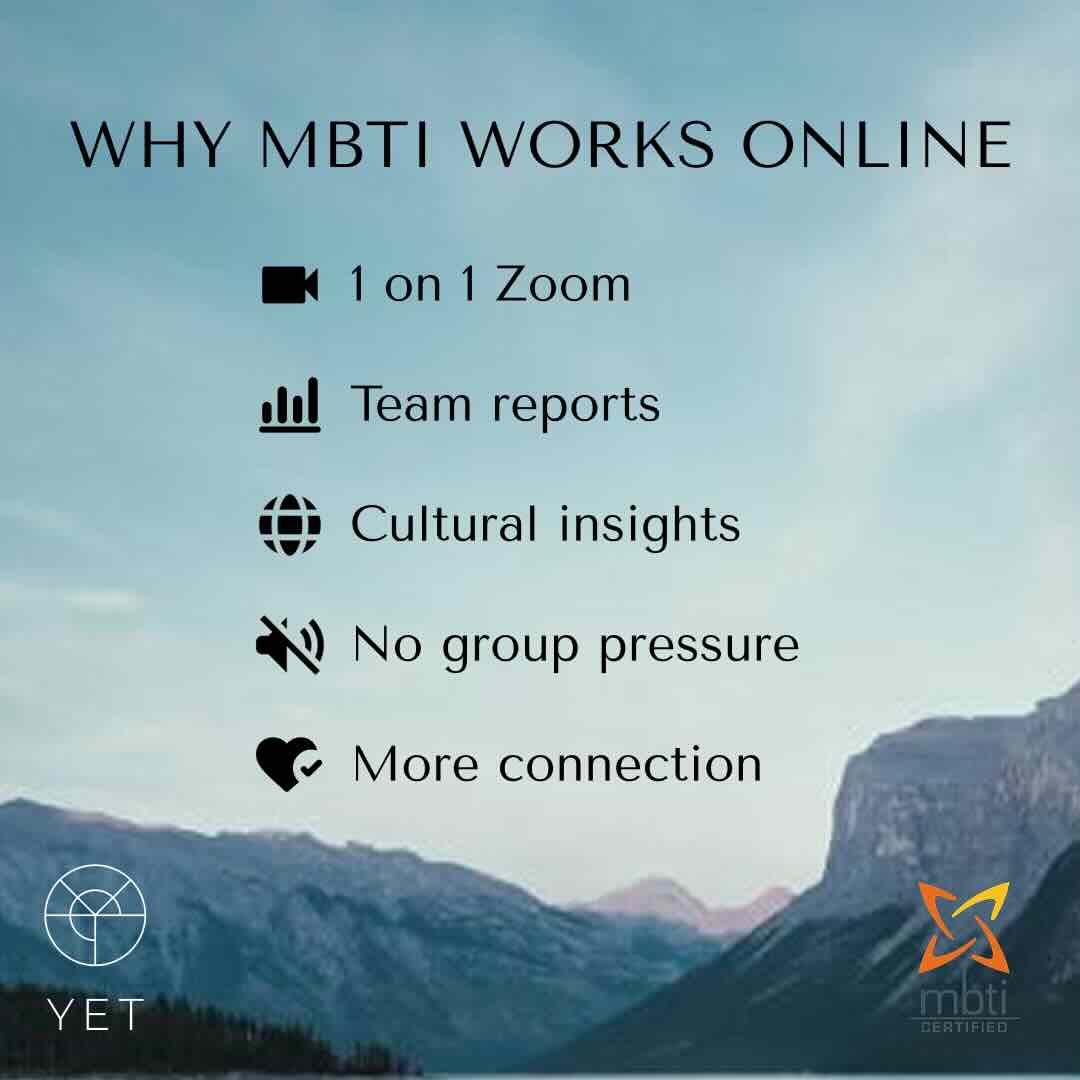The ESTP Personality Type: the energetic problem-solver
In the world of personality types, ESTPs shine as the thrill-seekers and problem-solvers of the MBTI® framework. Known as the “Dynamic Realist,” ESTPs are action-oriented, quick-thinking, and adaptable individuals who thrive on new experiences. The ESTP personality type stands for “Extraverted, Sensing, Thinking, and Perceiving,” and they are often described as energetic, practical, and highly observant. With a love for acting and being in the moment, ESTPs are known for their keen ability to solve problems on the fly and enjoy life’s adventures.
In this post, we’ll explore the traits, strengths, challenges, and workplace dynamics of the ESTP personality type. Whether you’re an ESTP yourself or trying to understand one better, this blog will provide insight into the mindset of the Dynamic Realist.
Core Traits of the ESTP
1. Extraverted (E):
ESTPs gain energy from social interactions and often thrive in fast-paced environments. They’re lively, outgoing, and energized by engaging with others, making them natural socialites who excel in group settings.
2. Sensing (S):
Highly attuned to the present, ESTPs focus on concrete details and practical information rather than abstract ideas. They prefer dealing with reality and hands-on tasks, allowing them to quickly grasp the specifics of any situation.
3. Thinking (T):
ESTPs make decisions based on logic and facts. They are straightforward and objective, prioritizing rationality over emotions when it comes to problem-solving. Their no-nonsense approach makes them highly efficient decision-makers.
4. Perceiving (P):
Spontaneity and flexibility define the ESTP. They enjoy a fluid lifestyle that allows them to go with the flow, adapt to changing circumstances, and take advantage of opportunities as they arise.
Strengths of the ESTP Personality Type
1. Adaptability:
ESTPs thrive in unpredictable environments and excel at adjusting to new situations. Their natural flexibility and ability to think on their feet make them adept at handling surprises.
2. Excellent Observational Skills:
Known for their sharp attention to detail, ESTPs pick up on subtle cues in their surroundings, helping them stay grounded and make quick, accurate assessments.
3. Energetic and Action-Oriented:
ESTPs don’t just think; they act. Their hands-on approach allows them to tackle challenges head-on, and they bring a dynamic energy that can inspire others to join in.
4. Logical Problem-Solving:
With a strong analytical mindset, ESTPs excel at finding practical solutions to complex problems. They thrive when they can use logic and practical reasoning to resolve issues swiftly.
Challenges and Growth Areas for ESTPs
1. Impatience with Routine:
ESTPs crave excitement and may struggle with repetitive or routine tasks, often becoming bored or restless. Their need for variety can sometimes make long-term projects challenging.
Growth Tip: Embracing small routines can help ESTPs maintain focus. By setting short-term goals within larger projects, they can maintain momentum without feeling confined.
2. Risk-Taking Tendencies:
ESTPs are naturally adventurous and may take risks impulsively, sometimes without fully assessing the potential consequences.
Growth Tip: Pausing to evaluate the risks and benefits before acting can help ESTPs make more balanced choices, especially in high-stakes situations.
3. Difficulty Acknowledging Emotions:
While logical and rational, ESTPs may sometimes overlook emotional aspects of situations, which can lead to misunderstandings in relationships.
Growth Tip: Working on understanding and acknowledging emotions, both their own and others’, can enhance their personal and professional relationships.
4. Trouble with Long-Term Planning:
Living in the moment is one of the ESTP’s strengths, but it can also be a challenge when long-term planning is required. Their preference for spontaneity can sometimes clash with structured goals.
Growth Tip: Balancing spontaneity with planning can help ESTPs stay on track. Setting clear, achievable goals can provide a roadmap without feeling restrictive.
ESTPs in the Workplace
In the workplace, ESTPs bring energy, practicality, and a results-oriented mindset. They thrive in roles that allow them to act swiftly, make decisions independently, and see immediate results. ESTPs are well-suited to fast-paced environments where they can take charge and problem-solve on the spot. They work best in roles that offer variety and flexibility, such as sales, emergency response, entrepreneurship, or project management.
While they work well in teams, ESTPs may struggle in highly structured or bureaucratic environments. They appreciate autonomy and may chafe against rigid hierarchies, preferring to tackle challenges in their own unique style.
ESTPs in Personal Relationships
In relationships, ESTPs are fun-loving and adventurous partners who bring spontaneity and excitement. They show their affection through actions rather than words, often finding unique ways to make their loved ones feel appreciated. However, their natural focus on the present can sometimes make them seem detached from emotional aspects of relationships.
For ESTPs, developing emotional awareness and learning to express feelings can deepen their connections. While they may prefer practical demonstrations of love, acknowledging the emotions involved can enhance understanding and trust.
Conclusion: Embracing the ESTP Personality
The ESTP personality type is characterized by a zest for life, quick adaptability, and a hands-on approach to challenges. ESTPs are dynamic, adventurous, and highly resourceful, thriving on action and practical problem-solving. By balancing their love for spontaneity with some thoughtful planning and emotional awareness, ESTPs can achieve their full potential in both personal and professional spheres.
For ESTPs, embracing their energetic nature while recognizing the benefits of slowing down and tuning into others’ feelings can lead to richer, more fulfilling relationships and career success.
Read more about the ESTP personality type in a cultural context:
Read more about the ESTP personality type in a cultural context here.




